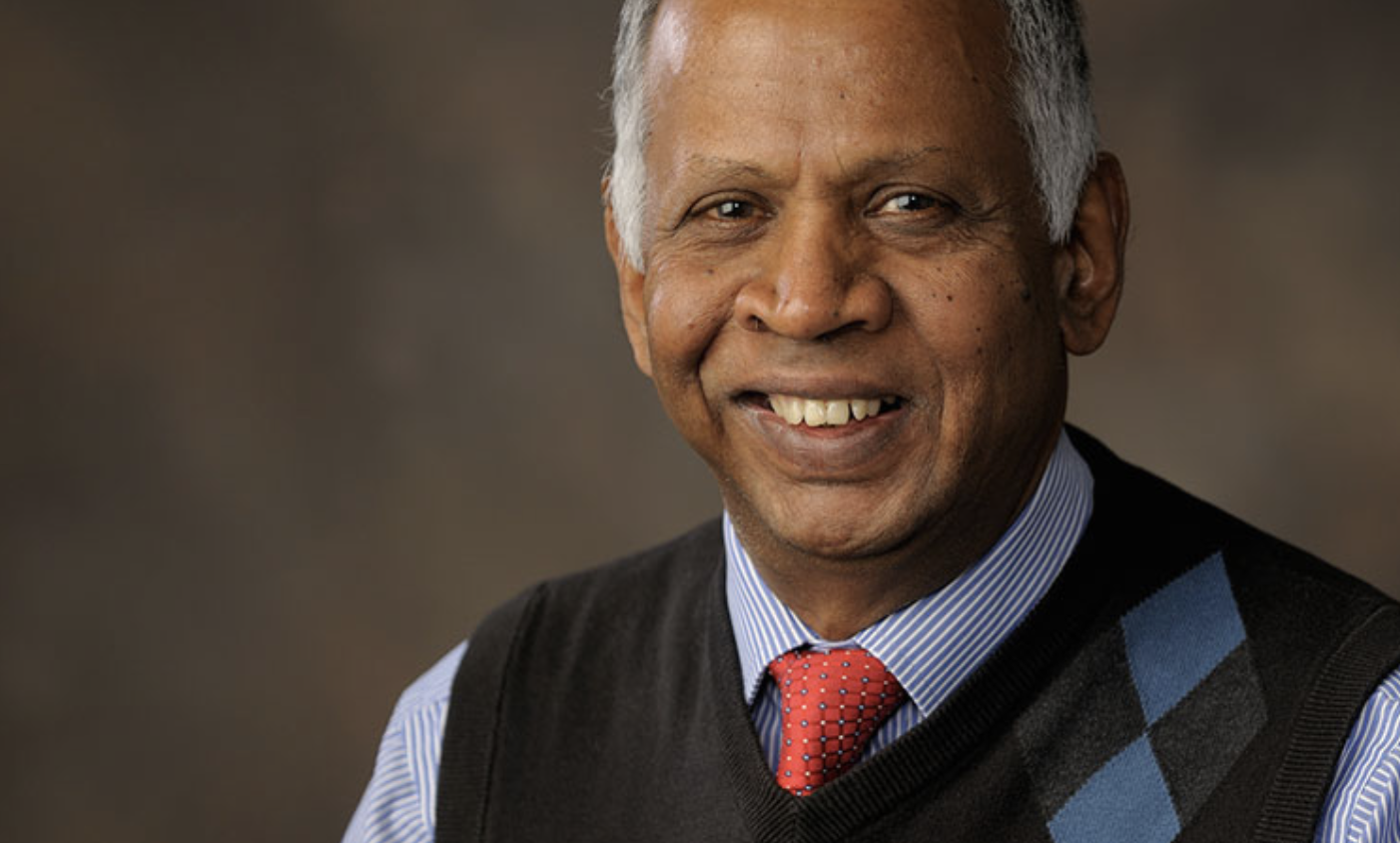University of Illinois engineering professor has been named as a recipient of the prestigious Prince Sultan Bin Abdulaziz International Prize for Water.
Murugesu Sivapalan, who teaches at UI’s Department of Civil and Environmental Engineering, has received the award with Vienna University of Technology’s professor for establishing a model for water management.
“The Indian American educator and his colleague Günter Blöschl, of the Vienna University of Technology, formed one of two teams who shared the Creativity Prize – awarded for interdisciplinary work that represents a major scientific breakthrough in any water-related field,” the college said in a release.
“The award announcement cites the importance of their work in addressing many water management challenges in the face of population growth and climate change.”
The Prince Sultan Bin Abdulaziz International Prize for Water is given biennially in five categories for innovative research the on water, giving recognition to scientists, researchers, and inventors around the world.
Sivapalan has earlier received various awards including the Centenary Medal by the Australian Government, Robert E. Horton Medal from the American Geophysical Union and the Alfred Wegener Medal from the European Geosciences Union.



